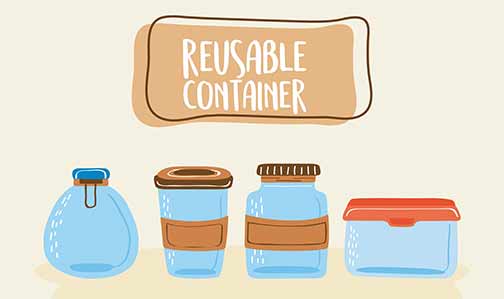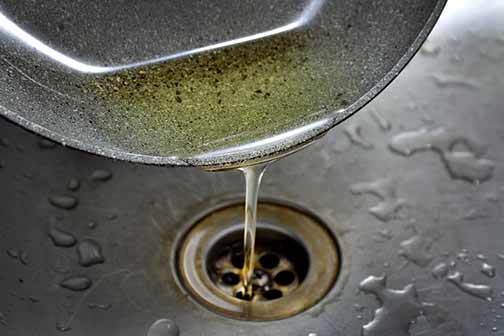The Importance of Properly Disposing of Cooking Grease
In today’s environmentally conscious world, it is crucial to understand the harmful effects of improper disposal of cooking grease. By implementing sustainable practices, we can protect our environment and prevent serious plumbing issues. Here we will explore the reasons why pouring cooking grease down the drain is harmful and provide you with sustainable alternatives that will benefit both you and the environment.
The Negative Impact of Pouring Cooking Grease Down the Drain
Many people are unaware of the consequences of pouring cooking grease down the drain. Grease, oils, and fats may seem harmless when in liquid form, but they can cause significant damage to our plumbing systems and the environment. Here are some of the reasons why it is crucial to avoid this improper disposal method:
Clogging and Blockages
Pouring grease down the drain may lead to clogged pipes and blockages. As grease cools, it solidifies and sticks to the walls of the pipes, narrowing the passage for water to flow. Over time, this build-up can cause complete blockages, resulting in you needing a professional hydro jetting service.
Sewer System Issues
When cooking grease enters the sewer system, it can combine with other substances and form “fatbergs.” Fatbergs are large accumulations of grease, oil, and other waste materials that block the flow of sewage. These fatbergs can cause sewer backups and overflows, posing health hazards and contaminating water sources.
Environmental Impact
Improperly disposed of cooking grease can have severe environmental consequences. When grease enters rivers, lakes, or oceans, it forms a layer on the water’s surface, preventing oxygen from reaching aquatic plants and marine life. This can lead to the death of fish, birds, and other wildlife that rely on these water sources for survival.

Instead of discarding the excess grease, store it in a glass jar or stainless steel container, and place it in the refrigerator until needed again.
Sustainable Alternatives to Pouring Cooking Grease Down the Drain
Now that we understand the negative impact of pouring cooking grease down the drain let’s explore sustainable alternatives that can prevent plumbing issues and protect the environment.
Grease Recycling
Grease recycling is an excellent way to dispose of cooking grease sustainably. Many cities and municipalities have grease recycling programs in place where residents can drop off their used cooking grease. The collected grease is then processed and transformed into biodiesel, a renewable energy source. By participating in these programs, you contribute to a greener future while preventing plumbing problems.
Solidification and Disposal
Another effective method is solidifying the cooking grease before disposal. Allow the grease to cool and solidify in a container and then dispose of it in the regular trash. It is essential to use an appropriate container to prevent leaks and spills. Old cans or glass jars with tightly sealed lids work well for this purpose.
Composting
If you have a composting system in place, some types of cooking grease can be composted. However, it is crucial to check the guidelines of your specific composting program. Generally, small amounts of vegetable based cooking grease can be added to compost bins. Avoid adding meat based fats or excessive amounts of grease, as they can attract pests or create an unpleasant odor.
Reusable Containers
An alternative to pouring grease down the drain is to reuse containers for future cooking. Instead of discarding the excess grease, store it in a glass jar or stainless steel container, and place it in the refrigerator until needed again. This sustainable practice reduces waste and minimizes the amount of grease that requires disposal.
Properly disposing of cooking grease is crucial for the health of our plumbing systems and the environment. By avoiding the temptation to pour grease down the drain, we can prevent clogged pipes, sewer system issues, and environmental damage. Instead, consider implementing sustainable alternatives such as grease recycling, solidification and disposal, composting, and reusable containers. By adopting these practices, you contribute to a cleaner and greener future, while also avoiding expensive plumbing repairs. Let’s make a conscious effort to protect our environment and preserve it for future generations.

[…] grease, and oil will clog your drain field. Dispose of used grease by putting it inside a trash can or elsewhere, instead of pouring it down the sink. Food waste that should not enter the septic system includes […]